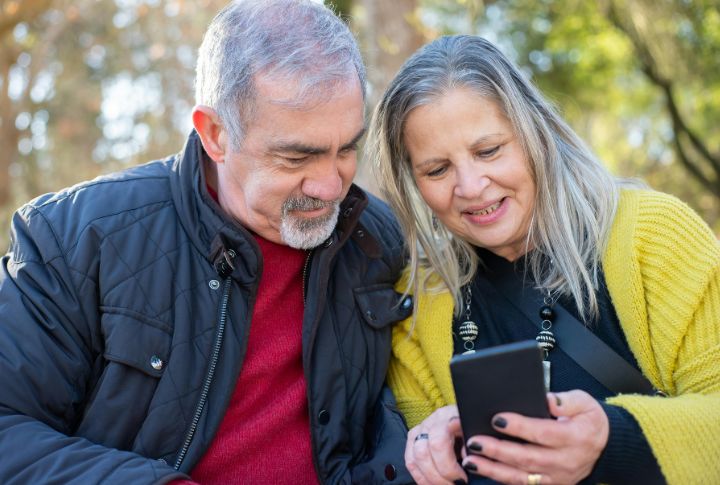
The world has changed faster than any generation expected. Words and ideas once unfamiliar now shape how we live and connect. If you understand these terms and comply with the rules or unspoken norms associated with these terms, you won’t end up in socially awkward situations. Scroll through to uncover the modern terms reshaping today’s social and cultural structure.
Cultural Appropriation
Sometimes borrowing from another culture crosses the line when we skip the meaning behind it. For boomers, learning that difference keeps them culturally sharp. Choosing appreciation over imitation shows open-mindedness and respect in today’s diverse, globally connected world.
Decolonization
Rooted in the pursuit of autonomy, decolonization seeks to undo the deep imprints of colonialism through culture and education reform. To embrace this movement means honoring truth in history and helping preserve stories long overshadowed by dominant narratives.
Pronoun Inclusivity
Language evolves to match society’s growing understanding of identity. Using someone’s chosen pronouns signals recognition. Interestingly, some languages like Finnish never relied on gendered pronouns at all. In English, the singular “they” now reflects progress, which earned Merriam-Webster’s Word of the Year title in 2019.
Cancel Culture
Public accountability has entered the digital age. Cancel culture, the online movement to boycott individuals or companies over perceived misconduct, can spread faster than ever thanks to social media. For some, it’s justice by collective voice; for others, it’s censorship in disguise.
Trigger Warnings

Older generations, long taught to “tough it out,” may see trigger warnings as unnecessary. But they’re really about empathy and acknowledging that others’ struggles deserve care. It’s a modern extension of the courtesy and respect many already value deeply in their day-to-day life.
Microaggressions
What used to be called “just teasing” now has a name: microaggressions. These subtle slights shape how others feel seen or unseen. Realizing this difference allows people to move from defense to awareness and creates interactions that uplift people around you rather than demeaning them.
Safe Spaces
Emerging from decades of activism, safe spaces are designed for openness without fear. Older generations, once taught to “toughen up,” can see their worth in how they encourage honest discussion and emotional safety as key ingredients for understanding today’s diverse, expressive world.
Defund The Police
Often misunderstood, “Defund the Police” advocates smarter spending, not abolition. The idea is to invest in social programs that reduce crime before it starts. Those who’ve seen decades of policing evolve know reform is progress and rethinking what true safety means.
Body Positivity
What began as a fight against fat-shaming in the 1960s has become a global celebration of body diversity. The message is simple: everybody deserves respect. Accepting this truth encourages a culture where confidence replaces criticism, across ages and generations.
Neurodiversity
The term neurodiversity, introduced in the late 1990s, reframed how we view autism and ADHD as variations, not illnesses. The rigid generation is used to “fix” such differences. This movement invites a mindset of acceptance, which proves that diversity strengthens minds.

